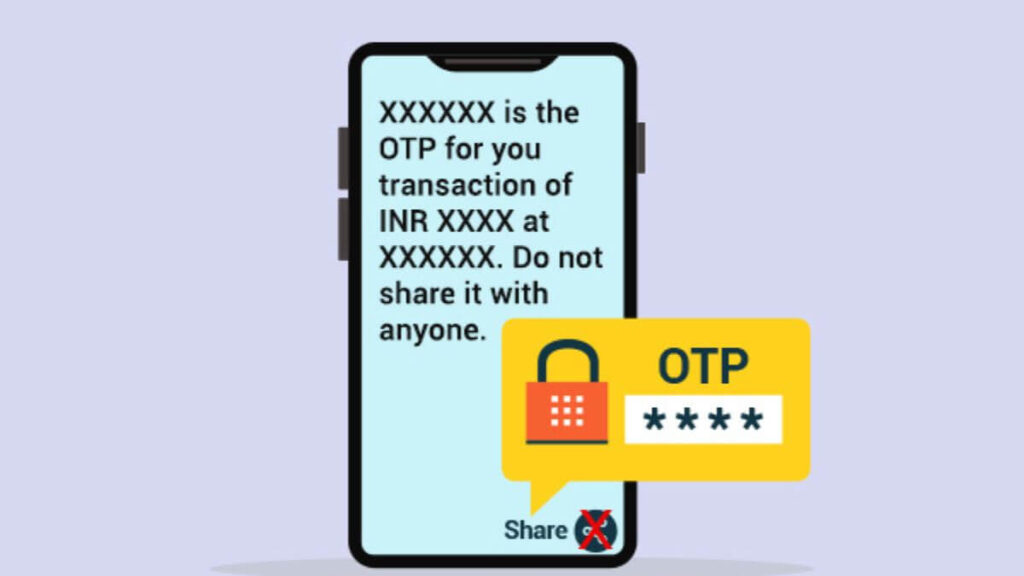The rise in internet and smartphone usage in India has brought more convenience, but it also has a dark side. One of the most common types is OTP (One-Time Password) fraud. Many people in India are falling victim to these scams, leading to serious financial losses.
According to the Reserve Bank of India, financial fraud cases are growing rapidly, largely due to a lack of awareness and weak security practices.
In this blog, we’ll discuss what OTP scams are, their causes, and most importantly, how to protect yourself from falling victim to these fraudsters.
What is an OTP Scam?
OTP scams are a type of online fraud where scammers trick you into sharing your one-time password (OTP). This allows them to access your bank account, digital wallets, or other sensitive information.
They often pretend to be from banks, online shopping platforms, or even government departments. They seem genuine, but their goal is to steal your money or sensitive data.
Once they get the OTP, they misuse your details to steal money or personal data. Always remember, never share your OTP with anyone.
Causes of OTP Scams in India
Several factors contribute to the rise of OTP scams in India. Let’s take a look at some of the main reasons:
- Lack of Awareness: Many people don’t know how OTP scams work, making them easy targets for fraudsters.
- Phishing Tactics: Scammers create fake websites, send false messages, or make calls to steal OTPs.
- Weak Security Practices: Some individuals and organizations don’t use strong security measures, leaving themselves vulnerable.
- Social Engineering: Scammers use tricks to gain trust and convince you to share your OTP.
- Poor Cyber Hygiene: Not following basic security practices, like avoiding suspicious links, increases the risk.
- Fraudulent Call Centers: Some scammers run fake call centers to impersonate legitimate companies and steal OTPs.
How to Avoid OTP Scams
The Indian government’s cybersecurity agency, CERT-In, has provided guidelines to help you avoid OTP scams. Here are some key steps to protect yourself:
- Never Share Personal Information: Do not share personal or financial details, especially over the phone or online.
- Verify the Caller: If you receive a suspicious call or message, contact your bank or the company directly through their official website.
- Ignore Tempting Offers: Scammers often lure you with rewards or cashback offers in exchange for your OTP. Don’t fall for it.
- Stay Alert: Always be cautious and follow basic security rules. Use strong passwords, avoid clicking on unknown links, and be careful while sharing sensitive information.
Also read | How to Use Truecaller AI Call Scanner to Stop Scam Calls
By following these simple tips and staying cautious, you can prevent becoming a victim of OTP scams. Remember, your safety comes first, and it’s important to verify every request before taking any action.

